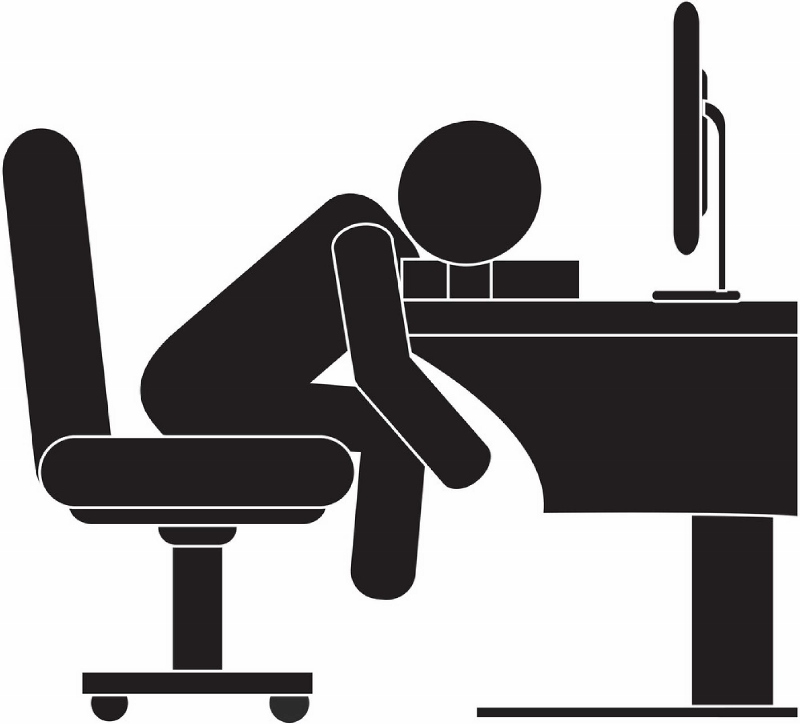“I hope I die before I get old.”
– “My Generation”, The Who, © 1965
I’ve thought about this scenario: I’m home alone at age 80-something and I have a stroke or some kind of cardiac event. I can’t get to a phone and I don’t have one of those Life Alert devices. As a staunchly independent, childless 50-something with few friends, that thought has crossed my mind on more than a few occasions in recent years. It became even more glaringly realistic this past January, when I told my mother she needed to take a shower. I realized she had urinated on her bed; a simple of case having fallen asleep and – given her age, I thought – wasn’t able to make it to the bathroom in time.
“I’ll change the sheets,” I told her, before retreating into the hall. A moment later I saw she was flailing her right arm and leg. “What’s wrong?” I asked. “You need to get up and take a shower.” But then it became clear.
She’d had a stroke.
It apparently had been a brief event and was already starting to heal by the time she’d arrived at the hospital. But her left side was mostly paralyzed. I sat beside her in the emergency room, as she gazed blankly into a flickering light panel, and thought, ‘Now what?’
Years ago, when her mental health started to wane, someone asked why I didn’t place her in a “home.” “She has a home,” I replied. “It’s the one she’s in now.”
But the now had changed. And I was forced to contemplate the unthinkable: putting one of my parents into a “home” – whatever the hell that’s supposed to entail.
I had promised my father that I would do everything to ensure he didn’t pass away in a hospital; ensconced in a strange bed with tubes wrapped around him, as if he was a hostage. And I was able to help him achieve his desire.
But this situation is different – and far more complicated. After her hospital stay, I had to place my mother into a rehabilitation center. I found one nearby and was able to tour the facility a few days before she arrived. It’s an older building that looked like it hadn’t received a fresh paint job in about four presidential administrations. On that Friday evening I accompanied her to the place, I felt as if I’d swallowed a tree branch – and it was now stuck. The center looked even more dismal than when I’d first entered. And that night, as my mother lay in bed, glancing around the room – her left arm and leg still mostly inert – my heart filled with trepidation. I couldn’t stay that night, so after more than an hour – assuring her things would be alright and consulting with the amiable staff – I departed. I almost felt like I’d abandoned my mother into a pit of despair. And, even worse, I’d violated a solemn vow I’d made to my father more than a decade ago: if he should pass away first, I’d take care of my mother.
Looks, indeed, can be deceiving. While the rehab center was an aged structure, the staff was incredible. I did have a good feeling from the start, though, when I first spoke with one of their representatives. But it didn’t take long for me to realize I’d made a great choice.
I brought my mother home in March, as the COVID-19 pandemic gripped the nation. The startling number of coronavirus deaths in similar facilities alarmed me. The center had banned visitors a few days earlier, but I had to get her out of there. As good as the place had been for her, I didn’t she feel she was safe. And I knew I could care for her just as well as the rehab center and get her back to some semblance of her former self. I should know by now that far-reaching plans always look great on paper or in dreams.
After only a week, I had to return her to the rehab center. Her health had deteriorated in that short period. But, once back at the facility, she improved. She’d regained some movement on her left side and was alert. She still didn’t recall what had happened.
But then, matters became even more complex – and aggravatingly unsettling. My mother’s lengthy stay at the rehab facility had exhausted her Medicare benefits. They paid 100% for 21 days, when they lowered the rate to 80%. My mother – and I – was obliged to pay the remainder. But she didn’t qualify for a supplemental insurance policy – even through Medicare. Or the Affordable Care Act (ACA). The requisites for either make the Harvard Law School entrance exam look like a daycare application.
Medicaid was our last option. Completing the application for that was tantamount to completing one to be a Central Intelligence Agency case officer. And my mother wasn’t approved. With her Social Security and two pensions, she earns too much per month; just a “few dollars” too much, the rehab center associate helping navigate the morass informed me.
And what, I inquired privately in my angry cogitations, qualifies as a “few dollars” too much? I researched a handful of other available and plausible alternatives – enough to fill a tea cup – and could find nothing viable. Absolutely nothing. For my mother even to begin to qualify for some semblance of Medicaid coverage to help with her health care expenses, she’d have to cede all of her assets, including this house – the house she and my father worked hard to get and to keep; give it all up to an omnipotent entity that designed the very system to which my parents (and millions of others) annually pay homage and taxes.
And she earns a “few dollars” too much.
By the end of April, the rehab center – the place that had proved life-saving and life-changing – had reached its financial breaking point with us. They had to let her go. They had no choice, they told me – and therefore, neither did we.
Fortunately, Medicare does pay for extended hospice care here at the house. Representatives with the agency I selected have been incredible – even angelic – in their commitment and service. They’re as concerned with me, also, as my mother.
Still, I seethe at the thought of the financial fiasco in which we’ve now been placed. We’re in debt to the rehab facility now, as well as to a slew of doctors and the hospital. My mother is just one of literally millions of Americans in similar straits. At current rates, the crisis will only deepen nationwide. The number of Americans aged 65 and older is expected to almost double from 52 million in 2018 to 95 million in 2060; rising from 16% to 23%of the population.
A half-century ago, programs like Medicare and Medicaid were designed to assist the elderly and poor with health care needs. They’re not just altruistic; they’re vital. As with the Social Security system a generation earlier, Medicare and Medicaid provided necessary safety nets for many Americans. The nation had matured into a contemporary society where even the most vulnerable of citizens were not left to fend for themselves.
As usual, social conservatives scoffed at the notion. Just like with the post-World War II GI Bill, they denounced such aspirations as welfare and socialized medicine. These were the same fools who demanded people swear allegiance to the United States, be willing to sacrifice their lives to the Constitution, abide by established laws, and blindly pay money to ensure a safe democracy for all. They still do. Yet, when people earn a “few dollars” too much…they shrug their shoulders and change the subject to American exceptionalism.
My mother began working for an insurance company in downtown Dallas in the fall of 1952 at the age of 19 and retired from an insurance company in February of 2003 at age 70. With the exception of taking off 15 months for being pregnant with and caring for me – at a time when maternity leave was more of a concept – she worked for half a century. Fifty years. And, as her physical and mental health decline from years of just being alive…she earns a “few dollars” too much.
“Age is just mind over matter,” my father once told me. “If you don’t mind, who gives a shit?!”
People have told me that, for being a good person, I deserve a “big reward.” And I’ve also told some they deserve a special place in the “Great Beyond” just for being themselves. As genuine and thoughtful as those words are, does anyone have to wait until life in some other realm to be appreciated for their actions? Is it truly necessary to wait until we’re dead to receive the respect we’re due in life?












